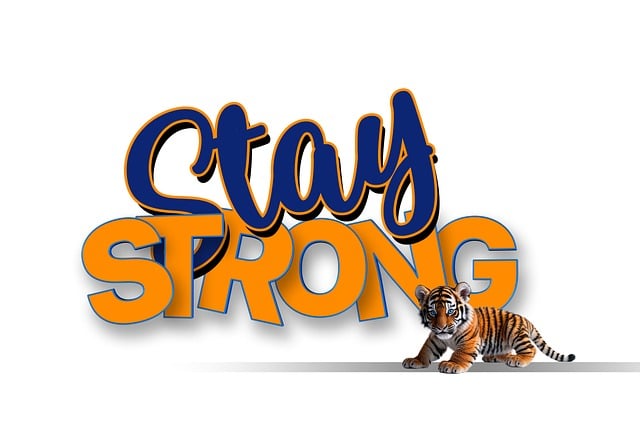Motivational Interviewing (MI) is a powerful client-centered approach within addiction support groups tailored for young adults, designed to enhance motivation and self-efficacy. By fostering empathy and understanding in group settings, MI helps participants overcome ambivalence towards change, crucial for successful recovery. Through interactive training, facilitators learn effective communication skills to challenge negative thoughts and behaviors linked to addiction, often stemming from underlying mental health issues. MI techniques encourage individuals to explore and utilize their intrinsic motivation, setting personal goals and fostering camaraderie for sustainable behavior change, including healthier lifestyle choices and improved engagement in rehabilitation.
“Motivational interviewing (MI) training is transforming lives, especially within addiction support groups for young adults. This evidence-based approach empowers individuals to uncover their intrinsic motivations, driving lasting behavior change. In this article, we explore the power of MI as a tool for facilitators in addiction support groups. We’ll delve into its benefits, focusing on how it can help young adults overcome challenges and achieve long-term recovery. From understanding MI’s core principles to practical applications in therapy, discover why this method is making waves in the field.”
- Understanding Motivational Interviewing: A Powerful Tool for Change
- How MI Training Can Help Young Adults in Addiction Support Groups
- Practical Applications and Benefits of Motivational Interviewing in Therapy
Understanding Motivational Interviewing: A Powerful Tool for Change

Motivational Interviewing (MI) is a powerful tool for helping young adults in addiction support groups navigate their path to recovery. This client-centered approach focuses on enhancing motivation and self-efficacy, enabling individuals to make meaningful changes in their lives. By fostering empathy and understanding, MI helps participants explore and resolve ambivalence about change, a key factor in successful addiction recovery.
In group counseling sessions, MI creates a supportive environment where peers in recovery encourage each other. This sense of community, coupled with structured conversations that promote accountability, can significantly impact an individual’s journey towards sobriety. Through MI techniques, clients gain insights into their intrinsic motivations, leading to more lasting behaviors and outcomes in addiction recovery.
How MI Training Can Help Young Adults in Addiction Support Groups

Motivational interviewing (MI) training can significantly benefit young adults participating in addiction support groups. By teaching them to explore and strengthen their intrinsic motivation for change, MI empowers individuals to overcome their addictions. This client-centered approach encourages participants to consider their personal values, goals, and aspirations, which are crucial factors in fostering long-term recovery.
Through interactive exercises and role-playing scenarios typical in MI training, young adults learn effective communication skills, such as open-ended questions, reflective listening, and rolling with resistance. These techniques enable facilitators to help individuals challenge their negative thoughts and behaviors associated with addiction, often rooted in underlying mental health issues. By reframing these thoughts using Cognitive-Behavioral Therapy (CBT) principles, participants can develop healthier perspectives, making them better equipped to navigate crises and access the Mental Health Help they need without resorting to harmful coping mechanisms.
Practical Applications and Benefits of Motivational Interviewing in Therapy

Motivational interviewing (MI) has proven to be an effective approach in various therapeutic settings, particularly for addiction support groups for young adults. By focusing on enhancing clients’ intrinsic motivation, MI helps individuals explore and harness their internal drive for change. This technique encourages participants in addiction support groups to identify personal goals and find meaning in their recovery journey. In group counseling sessions, fostering accountability, empathy, and community among peers in recovery becomes more manageable with MI strategies.
The benefits extend beyond the therapy room, as it promotes sustainable behavior change. In rehabilitation centers near me, for instance, MI can facilitate healthier lifestyle choices and improve client engagement. Moreover, it aids in building healthy relationships coaching in early sobriety, providing individuals with tools to navigate social interactions and maintain their commitment to recovery. This supportive environment, enriched by empathy and understanding, is key to long-term success.
Motivational interviewing (MI) training equips therapists with a valuable tool to help young adults in addiction support groups achieve lasting change. By empowering clients to explore and enhance their intrinsic motivations, MI facilitates meaningful progress towards recovery. Through practical applications in therapy, this approach not only benefits individual participants but also contributes to the overall success of addiction support groups for young adults.






